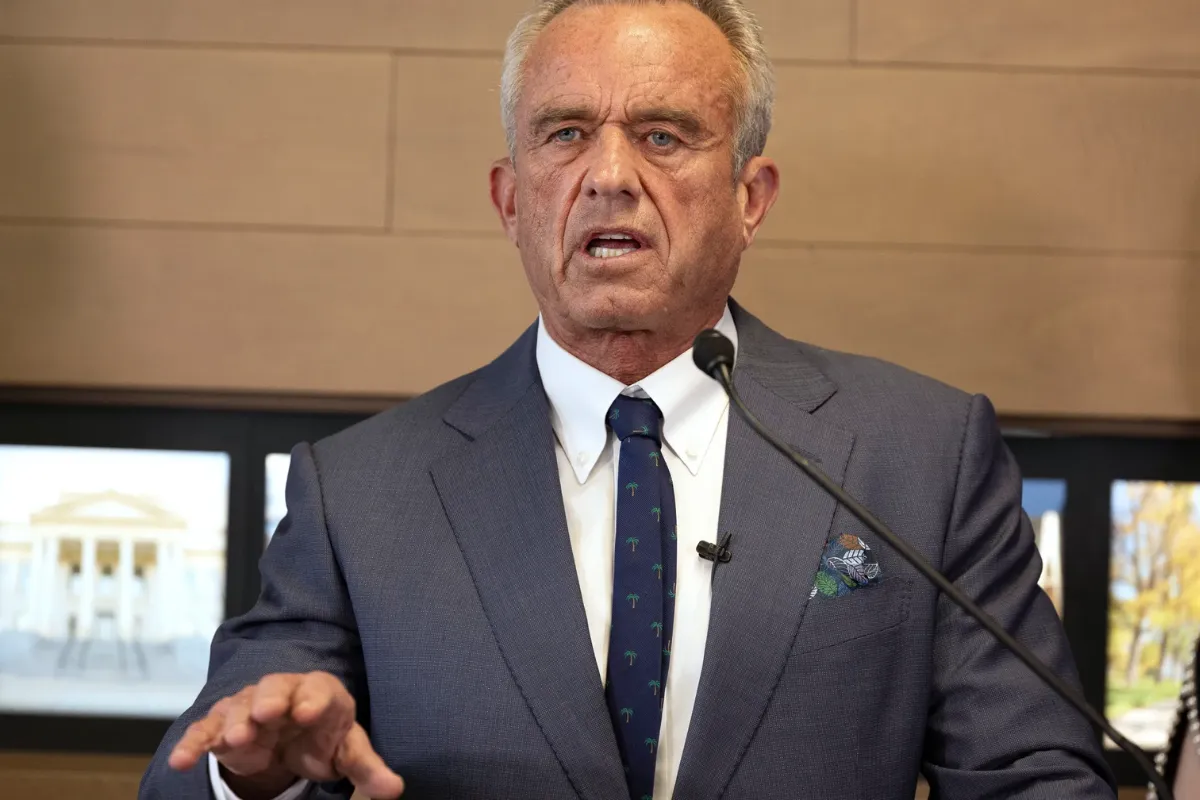Robert F. Kennedy Jr., Secretary of the U.S. Department of Health and Human Services (HHS), is asking a federal judge to dismiss a lawsuit concerning layoffs at the Morgantown National Institute for Occupational Safety and Health (NIOSH) facility. This comes after a judge already granted a preliminary injunction to stop those layoffs earlier this month.
The lawsuit was originally filed in April by Harry Wiley, a retired coal miner from Kanawha County. Wiley’s case demanded that the Morgantown NIOSH Respiratory Health Division be fully restored and that health surveillance programs for coal workers continue without interruption. The court responded on May 13 with an order halting layoffs and requiring the reinstatement of employees.
But Kennedy’s attorneys argue that Wiley’s case should be dismissed because he no longer has standing to sue, and the case is now moot.
They explain that the Coal Workers’ Health Surveillance Program (CWHSP) has resumed operations, and Wiley has even submitted new medical evidence for review. Since the program is back up and running, they say the injury Wiley claimed doesn’t exist anymore.
Assistant U.S. Attorney Fred Westfall wrote, “The Respiratory Health Division at Morgantown has returned to work, and the CWHSP is accepting medical examinations. Wiley has submitted new medical evidence, which will be processed in due course. Therefore, his original injury claim no longer exists, and even if he once had standing, the case is now moot.”
The layoffs at Morgantown’s NIOSH facility began April 1, part of a nationwide reduction that cut roughly 2,400 jobs across the agency, including about 200 in Morgantown. NIOSH, which reports to the CDC, researches workplace injuries and illnesses—especially coal-related health problems such as black lung disease and mine safety.
Coal miners can take part in black lung screening programs through their employers, or miners can apply directly to the CWHSP to have medical exams reviewed.
Wiley filed such an application last November but claimed he hadn’t received a response from NIOSH. However, HHS attorneys showed that NIOSH did reply to Wiley in December and provided internal correspondence about his case.
Due to pressure from West Virginia’s congressional leaders, HHS recently reinstated some Morgantown NIOSH employees, with about 100 returning to full-time work. The agency had previously cut approximately 900 jobs, leaving just 10% of its workforce active.
Kennedy’s legal team also argues that Wiley’s lawsuit should be dismissed because it lacks a waiver of sovereign immunity under the Administrative Procedure Act (APA). They claim the layoffs were not a “final agency action” subject to APA review, meaning the department’s job-cut notices are not legally challengeable at this stage.
As the Morgantown NIOSH facility slowly recovers from the layoffs, this lawsuit’s future now rests on the court’s decision whether to dismiss or allow the case to proceed. For coal miners and public health advocates, the outcome will have important consequences for ongoing workplace health protections.
















